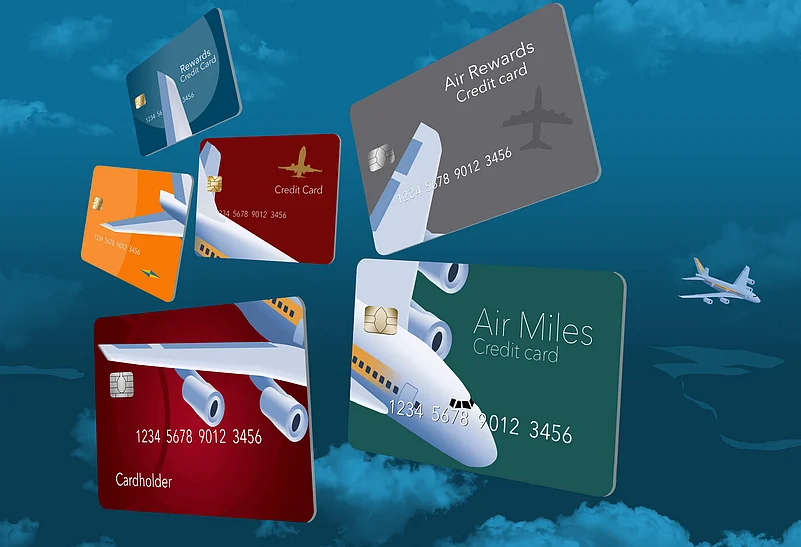Generally, credit cards are a faithful companion for frequent travellers. Reward points form one of the best reasons why journeys become smoother and more affordable. With this, they also offer free access to lounges and cut-down deals on air fare, catering to the needs of frequent flyers, either for business or leisure. However, to avail of such benefits, one must understand not only the features, but the costs and limits involved.
Key Benefits of Credit Cards for Travellers
1. Reward Points & Air Miles
With travel credit cards, one can also make reward points or air miles out of everyday spends, especially when it comes to travel-related expenditure, such as the booking of flights, hotel stays, and dining. Some cards offer as many as 5X points on bookings through partnered platforms, which could be redeemed into free flights or upgrade. The example goes for cards such as the SBI Elite Card, which rewards you richly for travel expenses.
2. Forex Markup Waivers
The key advantages that international travellers can cash in on are the forex markup charges are waived or cleared. Most cards charge 2 per cent to 3 per cent of foreign currency charges. Cards such as the Niyo Global or IndusInd Legend erase these charges, helpful for those traveling abroad.
3. Complimentary Lounge Access
Most definitely, one of the signatures benefits most travel credit cards offer is airport lounge access. HDFC Diners Club or the ICICI Sapphiro lets cardholders access free domestic and international lounges so that one can unwind and recharge with Wi-Fi, beverages, and charging stations before departure. Airport lounge access is the ultimate comfort for long-haul travel, indeed.
4. Travel Insurance
Most travel credit cards come with travel insurance that covers risks including lost luggage, trip cancellations, or for reasons of medical emergency. Such coverage varies according to the card, therefore wise to read about the terms before entirely relying on it. Some premium cards offer immense coverage through insurance that ranges from baggage delay and personal accident cover.
Features to Look For
Annual fees here run from Rs 500 to Rs 10,000; in turn, the rewards structure could be more beneficial if the card is tied to some specific airlines or hotels. General-purpose cards help you be more flexible, though. Ideally, look for cards which have a greater global acceptance-Visa, Mastercard, or American Express.
Other cards are lucrative due to annual fee waivers on spending at a certain threshold (For example, Rs 2–3 lakh). Its benefit would be valuable to a frequent traveller and the issue with expiring dates regarding the reward points depending upon the travel frequency so as not to lose out.
Fees/costs charged
Travel credit cards have their downsides, too. Annual fees are default; however, these usually balance the advantages when you factor in accumulating redeemable points or getting access to complimentary lounge servicing at airports. Another con is that interest rates on Unpaid Balances can go as high as 2 to 4 per cent monthly, meaning that if you have a running balance, it can multiply quickly unless paid in full. Always ensure to pay it in full before the due date.
Most cards come with a Foreign Exchange Markup, but these travel cards rarely impose this fee, thus saving much on overseas spending.
With many attractive features like earnings in reward points, travel insurance, and lounge access, travel credit cards can be quite lucrative. However, its full value depends on getting the correct choice of card depending on one's spending habits and travel patterns, and associated charges. Always scan the fine print to understand benefits and costs. The correct choice of the right card will transform traveling experiences into more rewarding as well as cost-effective journeys.











